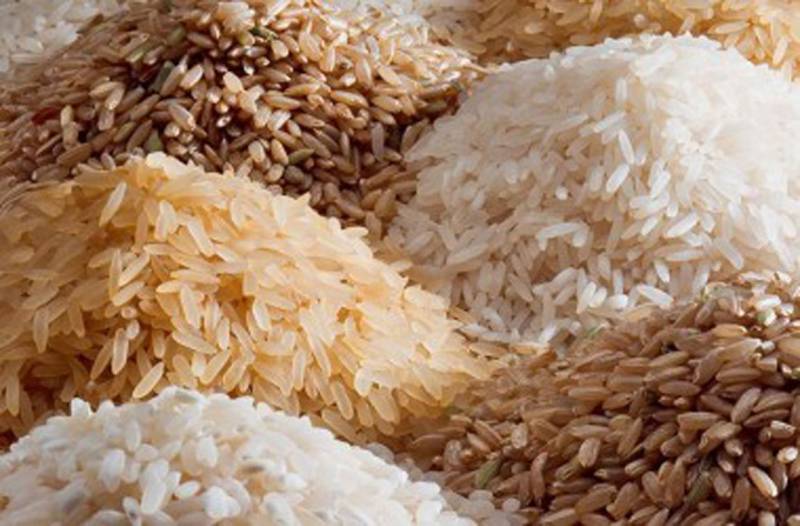ISLAMABAD - Pakistan’s rice and sugar shipments to China have started as part of the deal which was agreed during Prime Minister Imran Khan’s visit to Beijing and Shanghai in November last year.
Pakistan has started exporting sugar and rice to China. Under the agreement, Pakistani exporters have been allowed to ship 200,000 tonnes of rice and 300,000 tonnes of sugar — total value of $300 million — to China in the ongoing calendar year. Overall, China had offered Pakistan market access for three commodities — rice, sugar and yarn — worth $1 billion for the current calendar year, senior officials of the ministry of commerce said on Tuesday.
Advisor to Prime Minister on Commerce and Textile Abdul Razzak Dawood informed a parliamentary committee that new exports avenues for Pakistan’s exports had opened but still there are challenges. He informed that export quota of rice for China would complete in June this year. The government aimed to generate foreign exchange reserves by exporting yarn to the friendly country, he explained. However, the committee members expressed concerns over the exports of yarn to China by saying it seems highly unlikely that Pakistan will have adequate surplus quantity of yarn to export to China as cotton production remains lacklustre.
The meeting of Senate Standing committee on commerce and textile was held under the chairmanship of Senator Mirza Khan Afridi here at the Parliament House. The ministry of commerce informed the committee about second phase of the free trade agreement (FTA) with China. The Committee was told that the ministry is taking a new draft Free Trade Agreement (FTA) to China after it gets approval from cabinet since the earlier one gave few benefits to our local industry. Around 100 delegates are visiting China during the visit when the FTA will be signed on 28th April during the visit of Prime Minister Imran Khan. The FTA with China will give us duty free access to their market and now Pakistan will have the same status as other ASEAN countries enjoy. After the FTA is signed it will be dependent on Pakistani businesses to provide good quality products to meet their competitors. The Committee noted that there is a need to carryout value chain analysis of the textile production industry.
The meeting was told about details of the number of persons working in Textile Division, its attached departments, authorities, corporations, autonomous/semi-autonomous bodies and organisations on a question of Senator Mikr Kabeer Shahi. The Committee members sought details of proper observation of quota in all the departments and also asked to bring a thorough job description and justification of the huge human resource under the ministry. The ministry was directed to fill all the vacant posts on quota of Balochistan within three months.
The Committee chairman observed that the National Textile University Faisalabad is working well but there should be a mechanism for proper commercialisation of the research products and there should be a linkage of academia and industry. He said that textile engineers in Pakistan are still working on raw cotton and don’t have proper knowledge of synthetic cotton. The advisor assured the Committee that the ministry is taking steps which will increase our international market share. The issue of under invoicing was also discussed which is damaging the economy and revenue generation as well as giving way to money laundering. The Committee observed that this comes under the Federal Board of Revenue but it effects commerce division and decided to call FBR as well to the next meeting.
The Committee deferred briefing by TDAP due to some anomalies in the presentation as well as due to absence of senior officials being in China for the FTA signing engagements. The meeting was attended among others by Leader of the House Senator Shibli Faraz, Senator Nuzhat Sadiq, Senator Nauman Wazir Khattak, Senator Ghous Bakhsh Niazi, Advisor on Commerce and Textile Industry Abdur Razzak Dawood.






